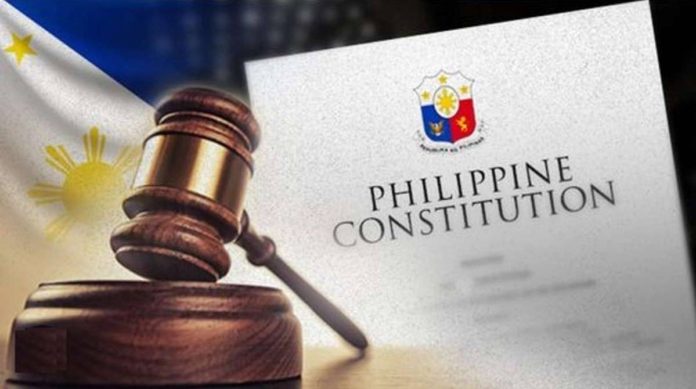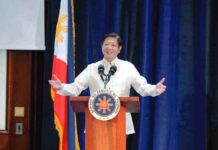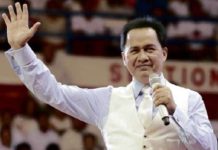
MANILA – The Senate has been urged to ensure that the proposed economic amendments to the 1987 Constitution will be subjected to a plebiscite or the people’s vote.
The leadership of the House and the Senate should “reconcile” during the Holy Week break on a definitive path how to advance the economic Charter Change (Cha-cha) bill, according to House Deputy Speaker Jay-jay Suarez of Quezon.
“With the directive of our Speaker [Ferdinand Martin Romualdez], given that there are expected constitutional challenges, the prudent way is for us to maximize the Holy Week [break],” Suarez said. “The leadership of the House and the Senate should reconcile on a definitive path how to advance (the economic amendments) to the Comelec, so this can reach the plebiscite.”
“Kasi kung anuman ang napag-usapan ng Kongreso at Senado, dapat po nating ibigay ang kapangyarihan sa tao para makapagdesisyon kung ano ang nararapat para sa ating bansa. Hindi po natin dapat nakawin ang pagkakataong ito sa mamamayang Pilipino,” he added.The controversial economic amendments measure aims to make changes in the 1987 Constitution by lifting the 40% limit on foreign ownership of public utilities, education and advertising sectors.
The House managed to approve the version of the measure (Resolution of Both Houses 7 or RBH7) on third and final reading on Wednesday evening with 289 yes votes, seven no votes, and two abstentions.
The RBH 7 adopted the exact words of Article 17 Section 1 of the 1987 Constitution, which reads, “Any amendment to, or revision of, this Constitution may be proposed by: the Congress (House and Senate as a whole), upon a vote of three-fourths of all its members.”
The Senate, on the other hand, has yet to approve, even at the subcommittee level, their version of the economic Cha-Cha bill, known as the Resolution of Both Houses 6 or RBH 6.
RBH 6 explicitly states that the House and the Senate will vote on proposed constitutional amendments separately in a constitutional assembly (con-ass).
Romualdez, for his part, said the proposed removal of constitutional limitations on the foreign ownership in certain sectors was the “last piece in the puzzle of investment measures” of the administration of President Ferdinand “Bongbong” Marcos Jr.
“These changes, if ratified by our people in a plebiscite, will greatly boost these measures, including our President’s investment missions abroad which have generated actual investments and pledges in the billions of dollars and created thousands of jobs,” Romualdez said in a statement on Thursday.
“We heard the wise counsel and suggestions of the resource persons and experts we invited to our hearings. We assure the business community and our people that we are working on the other factors that affect investments, like ease of doing business, the high cost of electricity, infrastructure, and similar issues,” he added./PN



